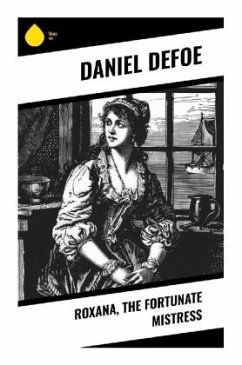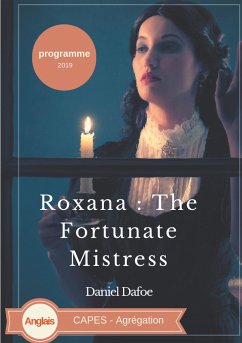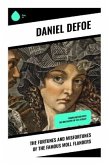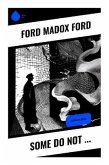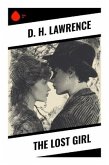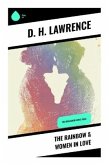In "Roxana, the Fortunate Mistress," Daniel Defoe crafts a compelling narrative that explores the complexities of female agency in a patriarchal society. Through the titular character, Roxana, Defoe delves into themes of social mobility, morality, and the often murky waters of love and survival in 18th-century England. Employing a first-person narration that bridges autobiography and fiction, Defoe's prose is rich with vivid imagery and psychological insight, positioning Roxana not merely as a victim of her circumstances but as a shrewd navigator of her fate, thus inviting readers to reconsider their perceptions of virtue and vice within the glimmering world of the wealthy and powerful. Daniel Defoe, a pivotal figure in the development of the English novel, brought forth this work during a time when the role of women was predominantly confined to domestic spheres. His own experiences in business and his observations of societal structures likely influenced the formation of Roxana's character, who embodies both defiance and resilience against economic dependency and gender constructs. Defoe's background as a journalist and pamphleteer also informs the social critique evident in this narrative. For readers interested in the intersections of gender, power, and identity, "Roxana, the Fortunate Mistress" stands as a crucial text that illuminates the challenges faced by women seeking autonomy. Defoe's masterful storytelling and nuanced characterization offer not just a lens into the past but also provoke critical reflections relevant to contemporary discourses on femininity and personal agency.
Bitte wählen Sie Ihr Anliegen aus.
Rechnungen
Retourenschein anfordern
Bestellstatus
Storno

